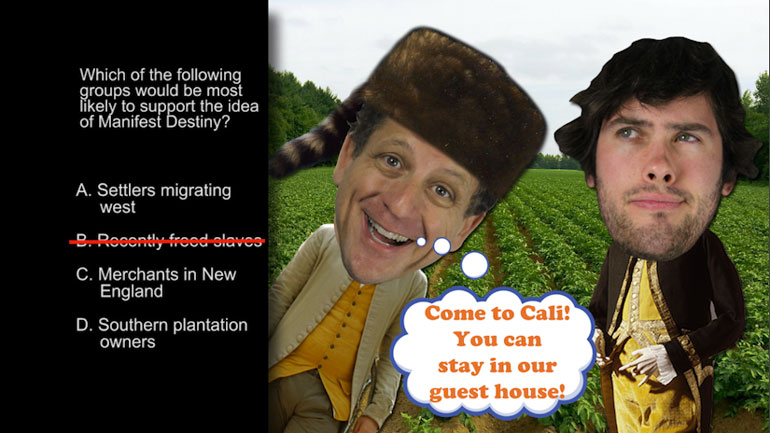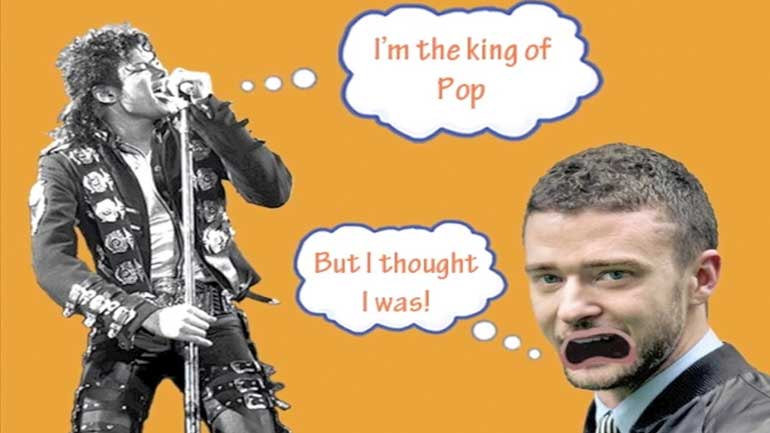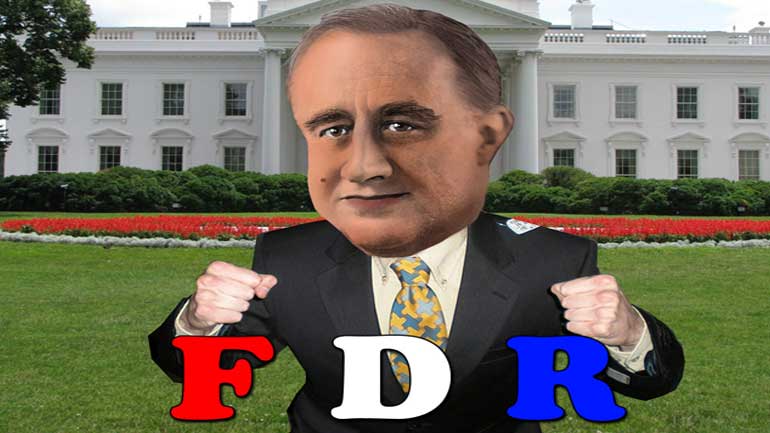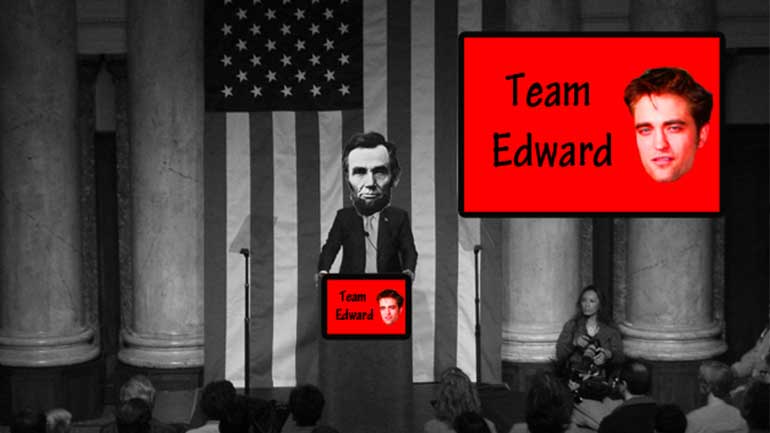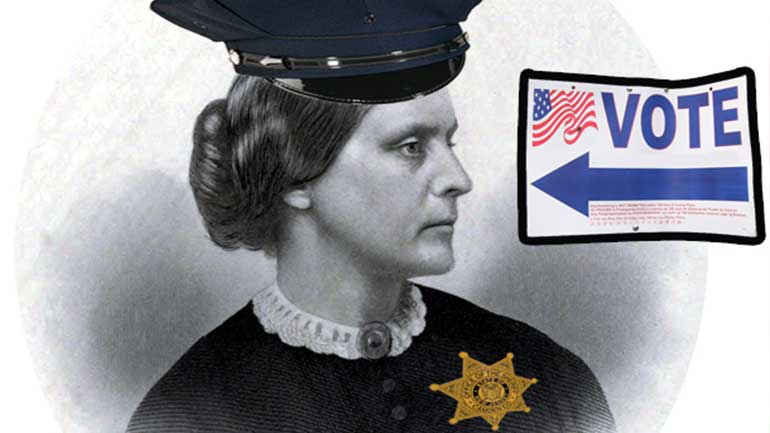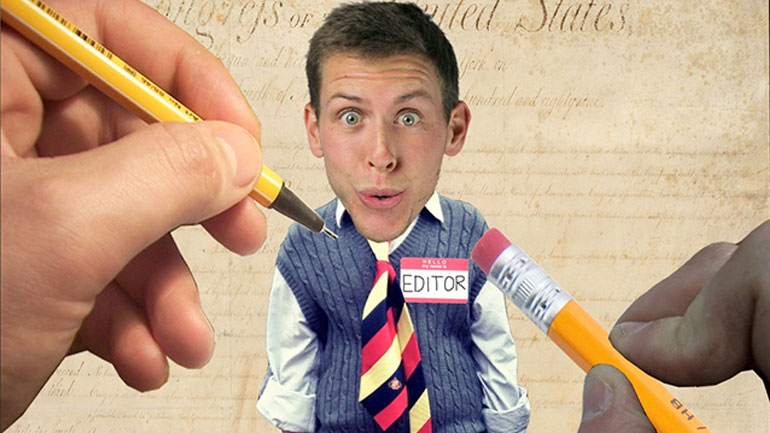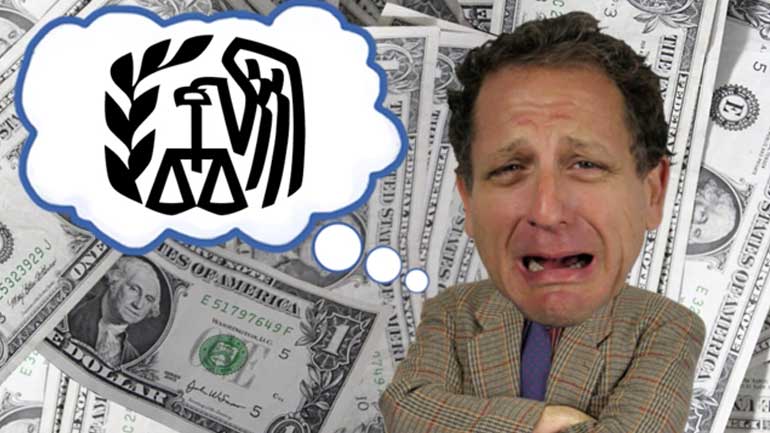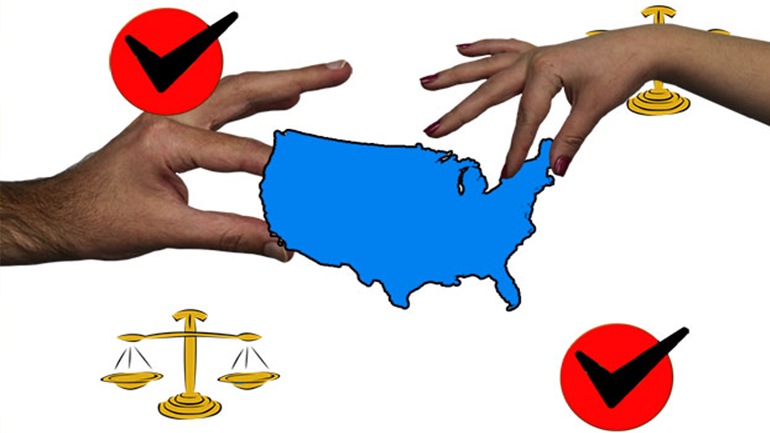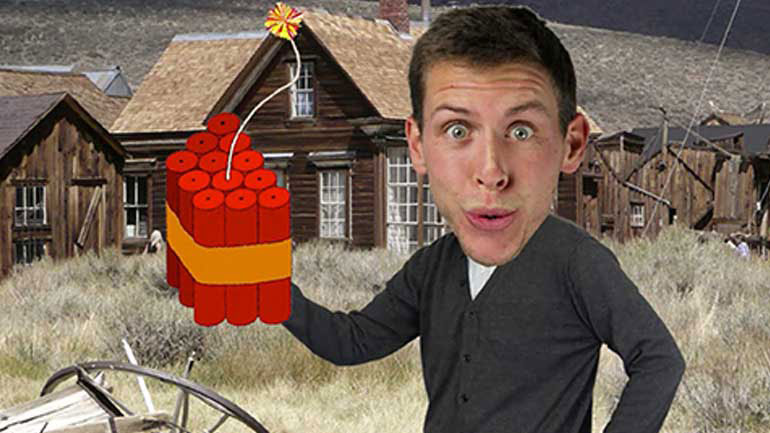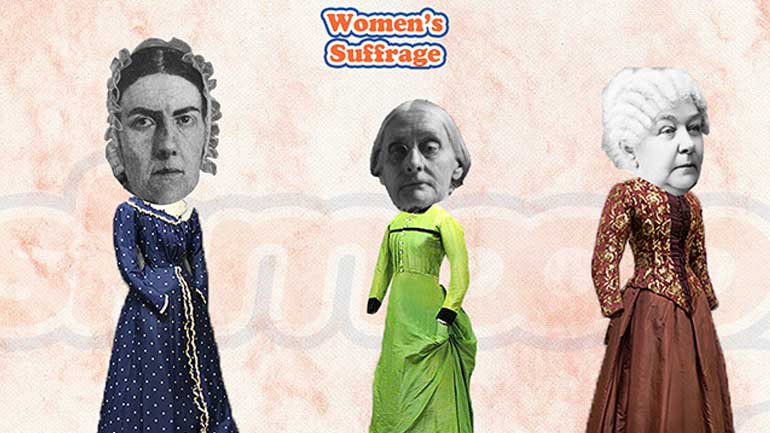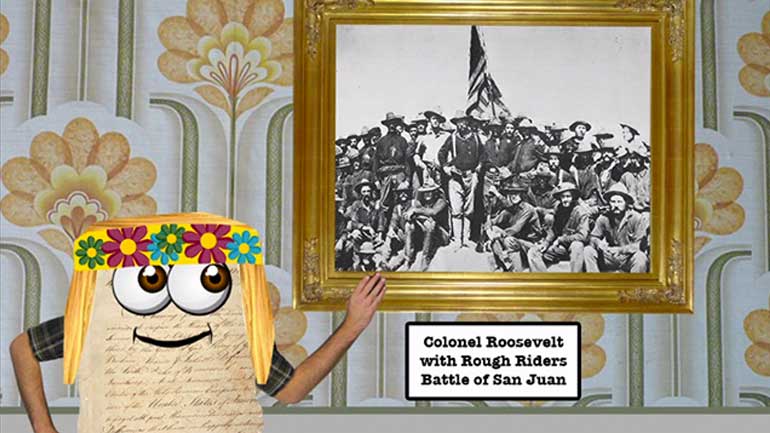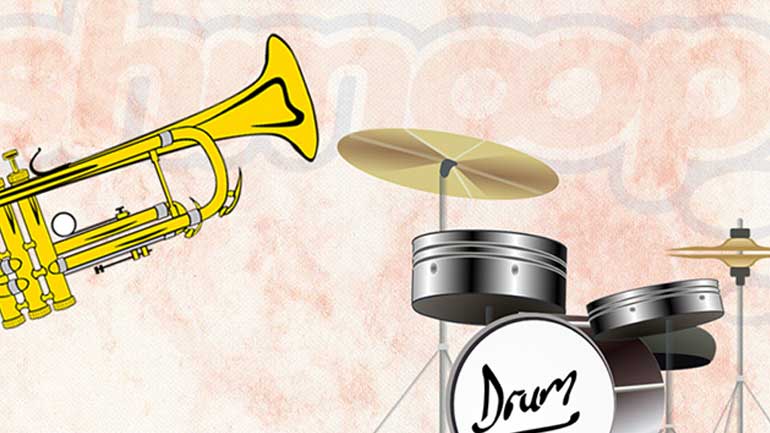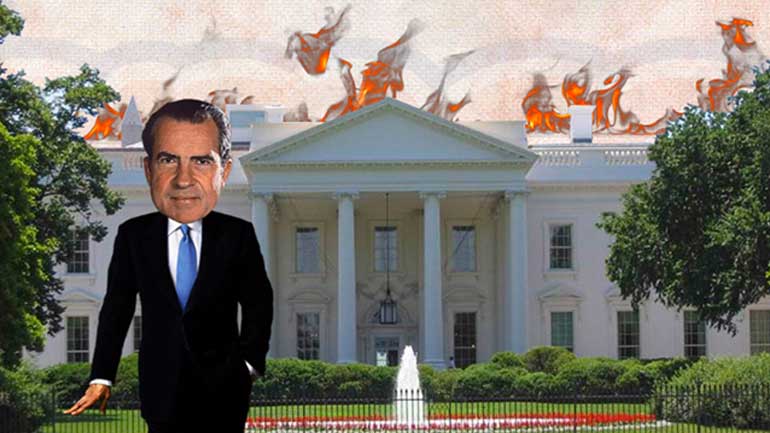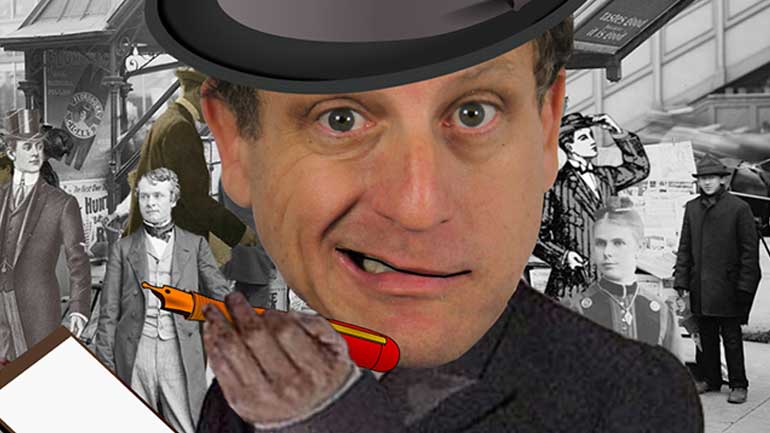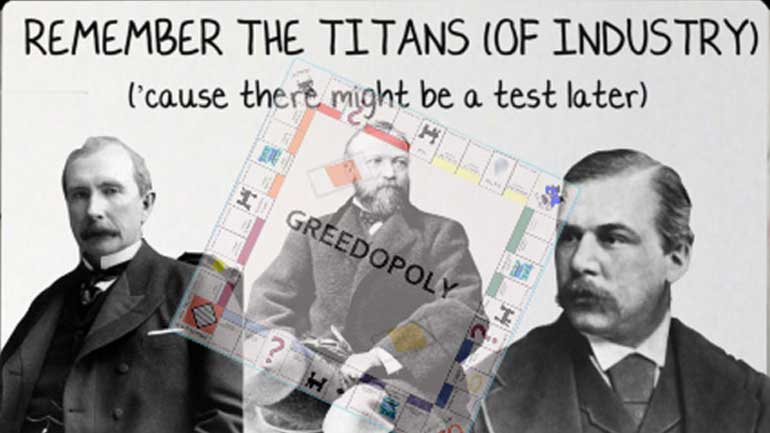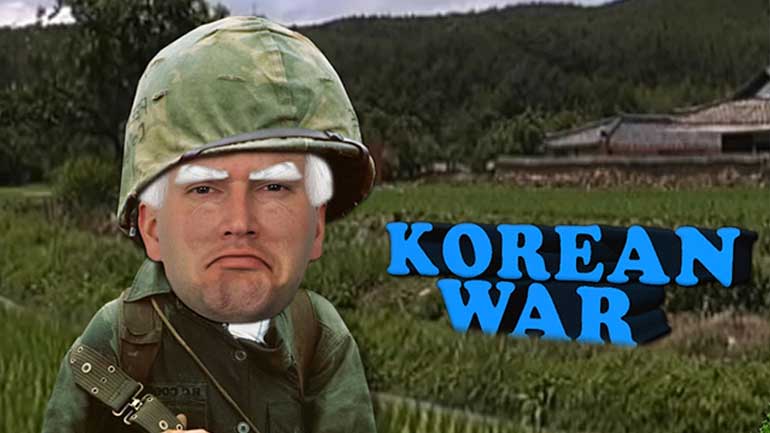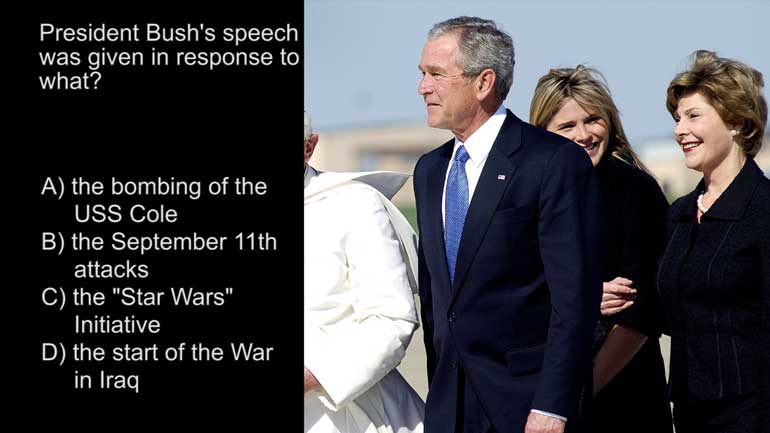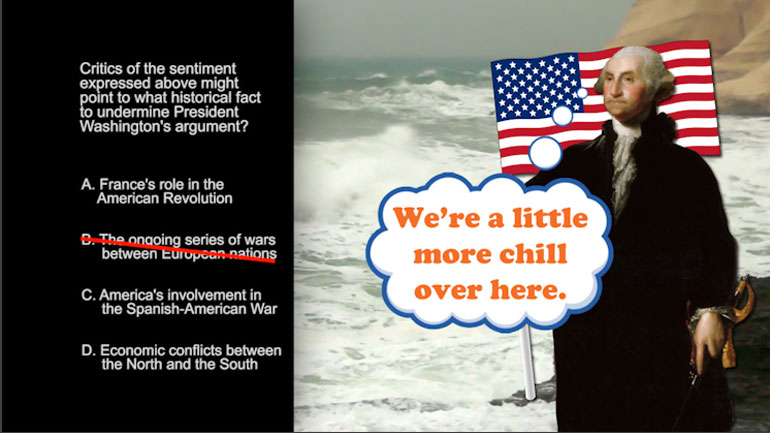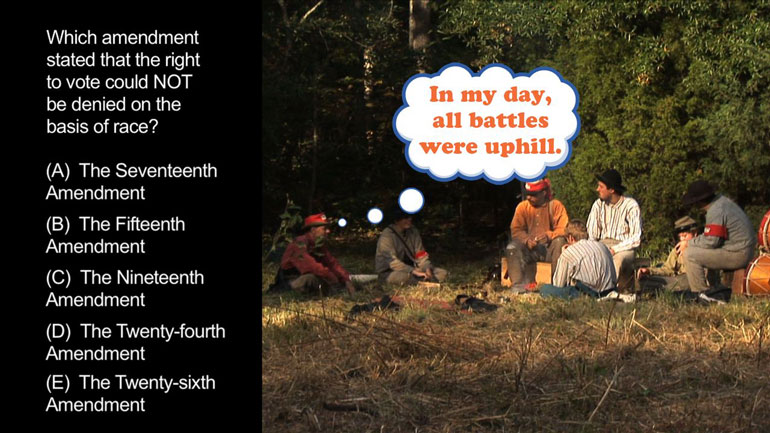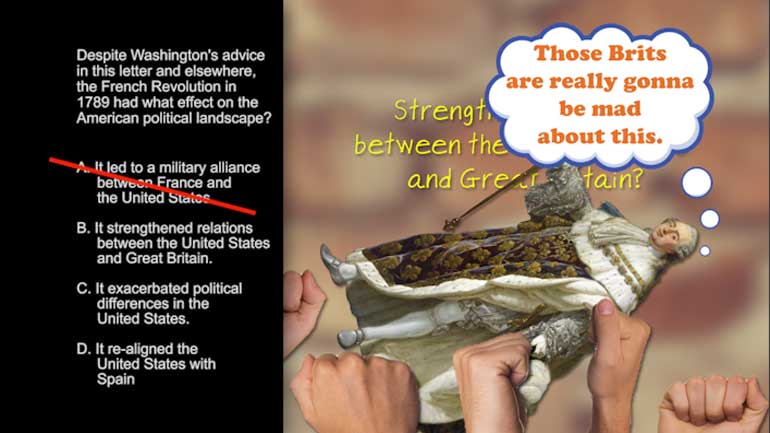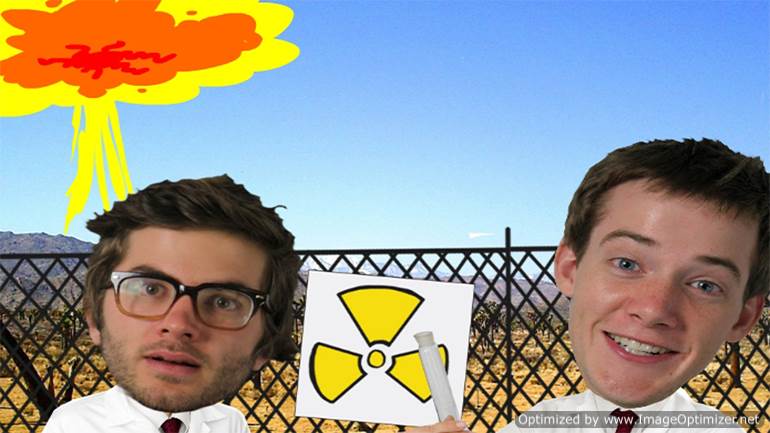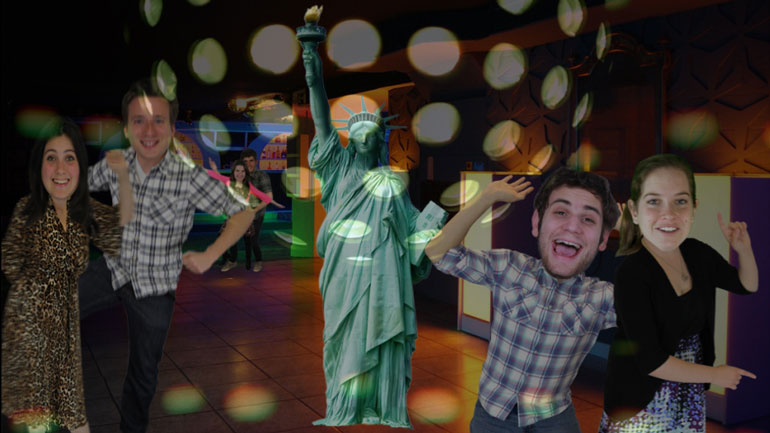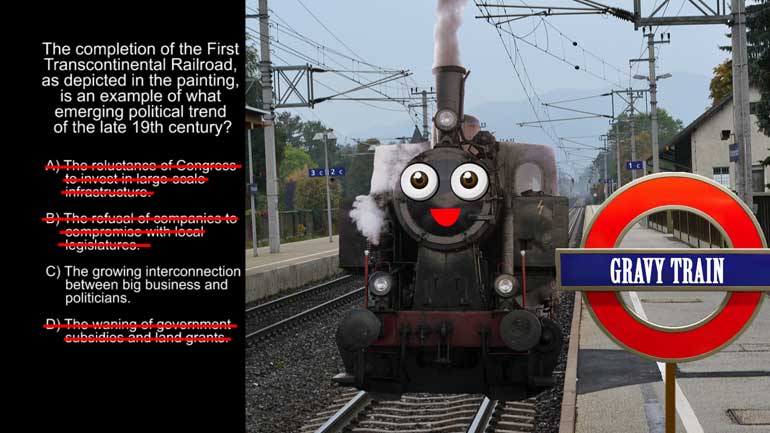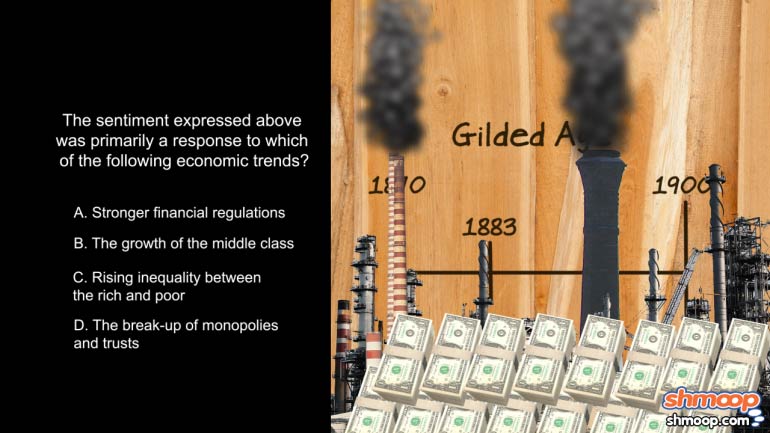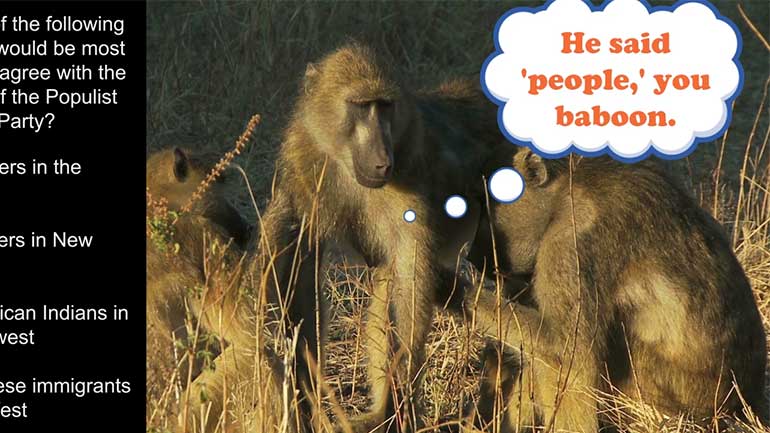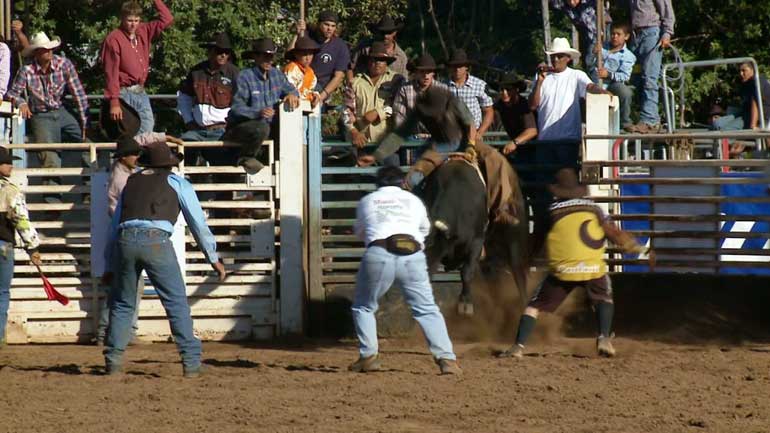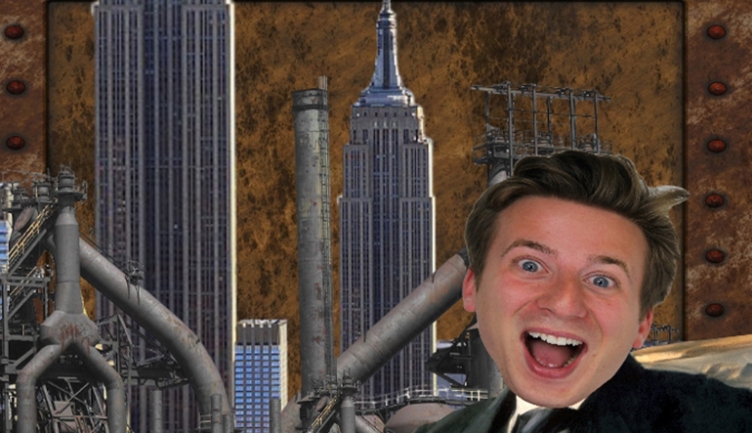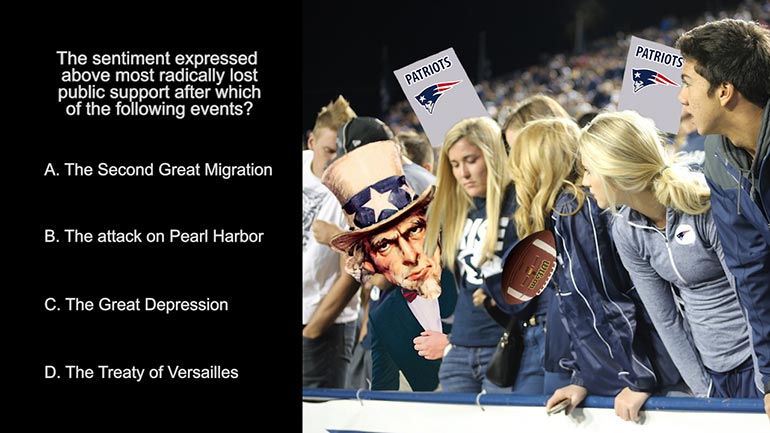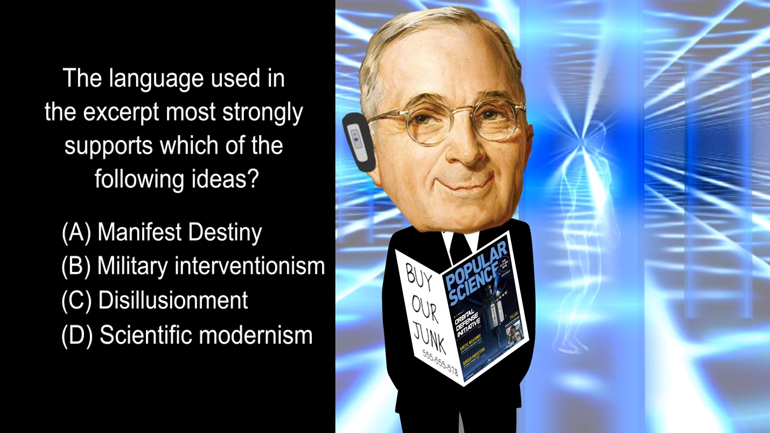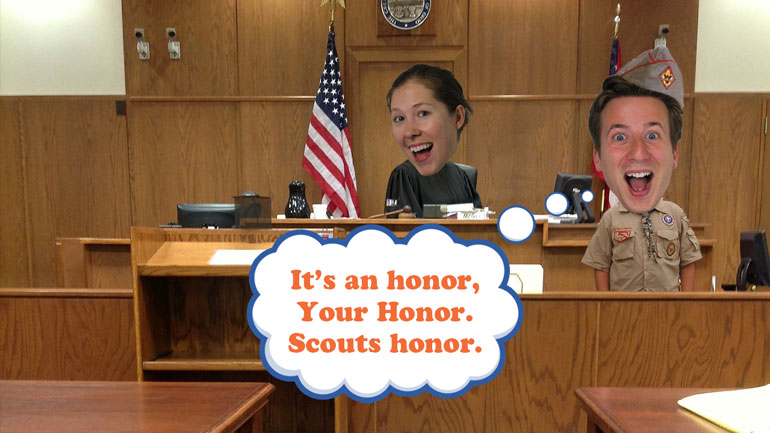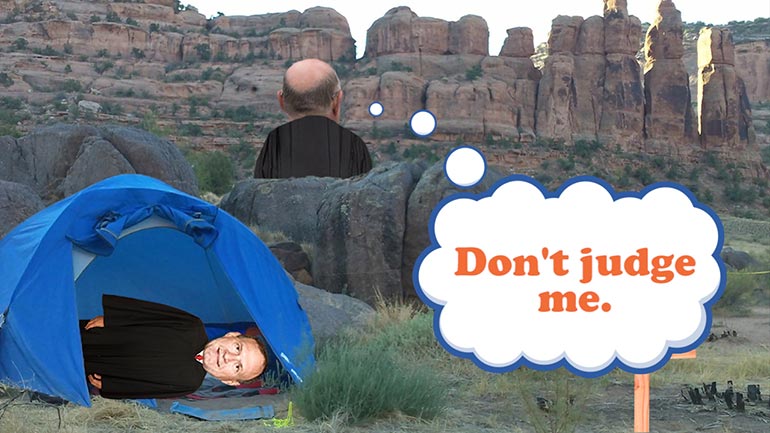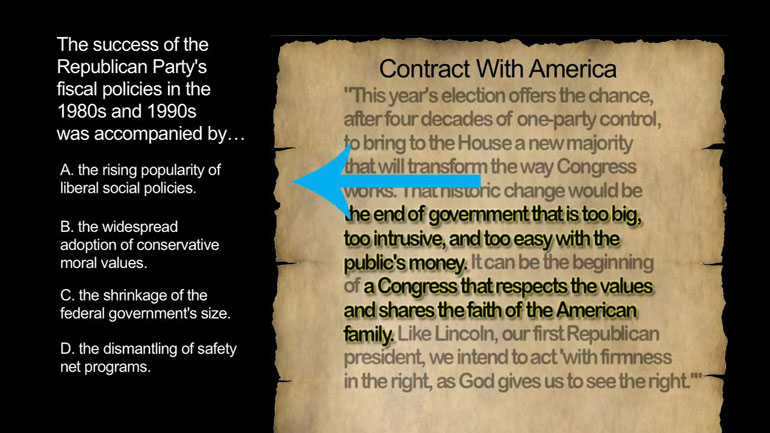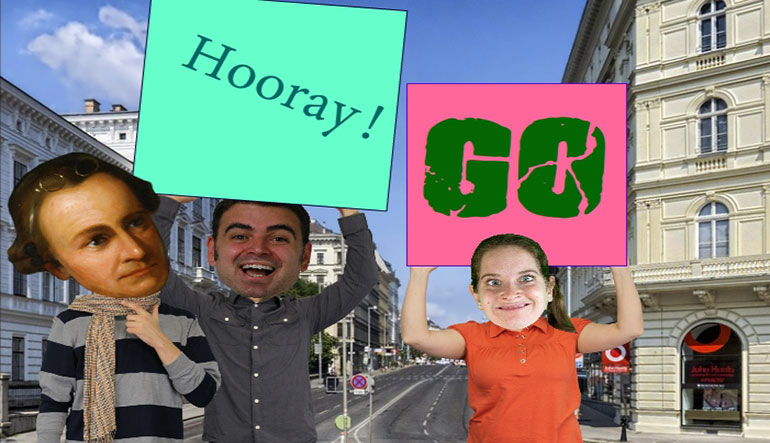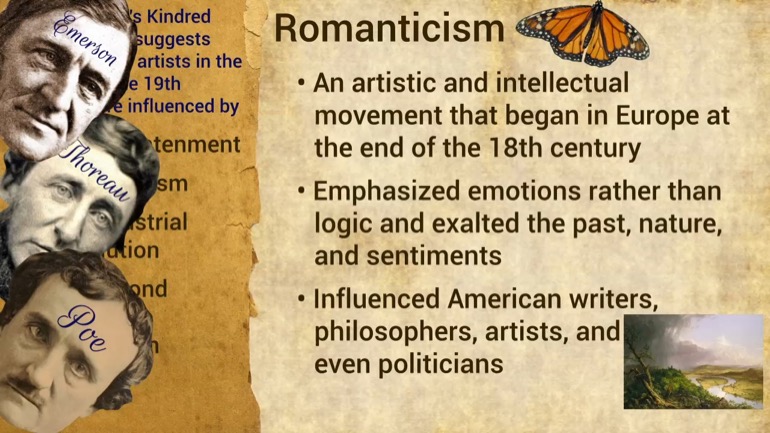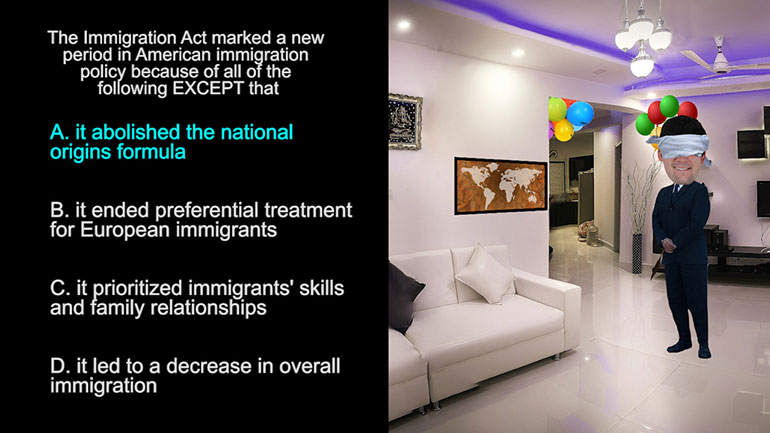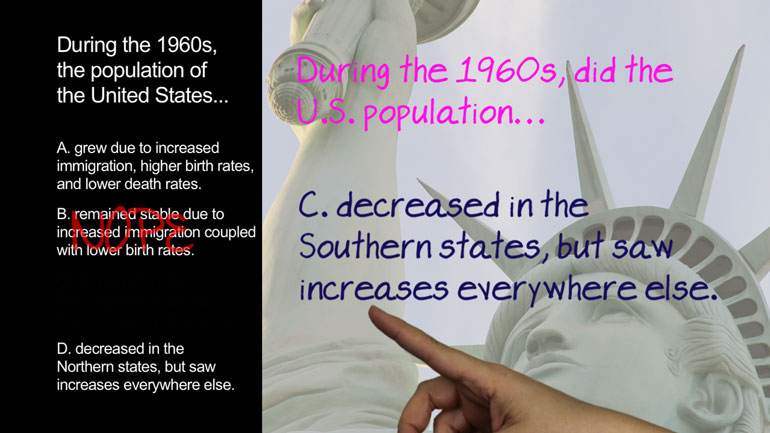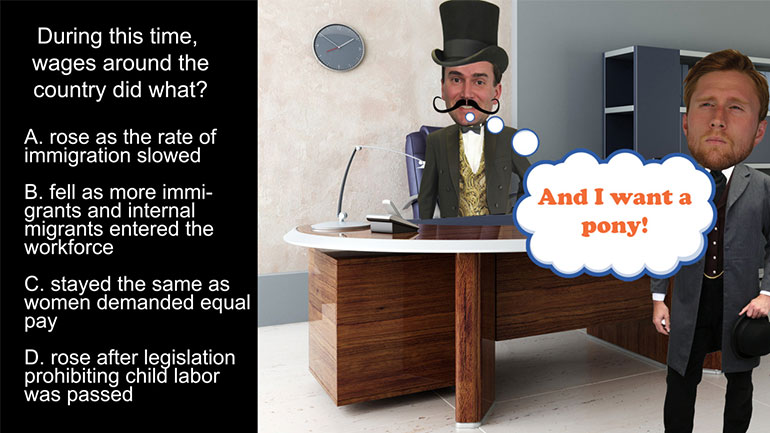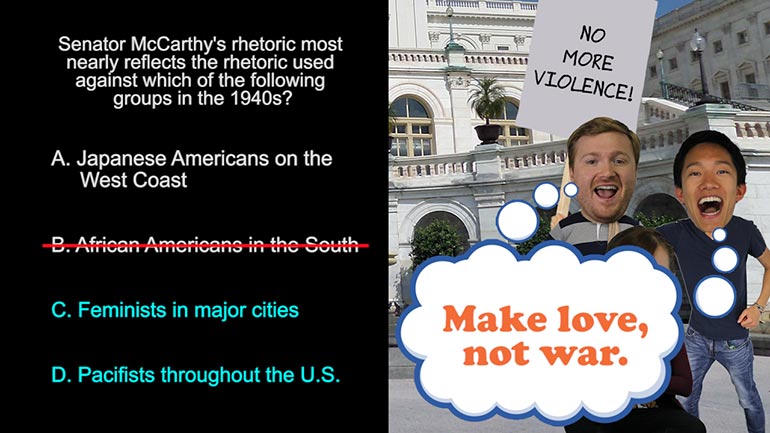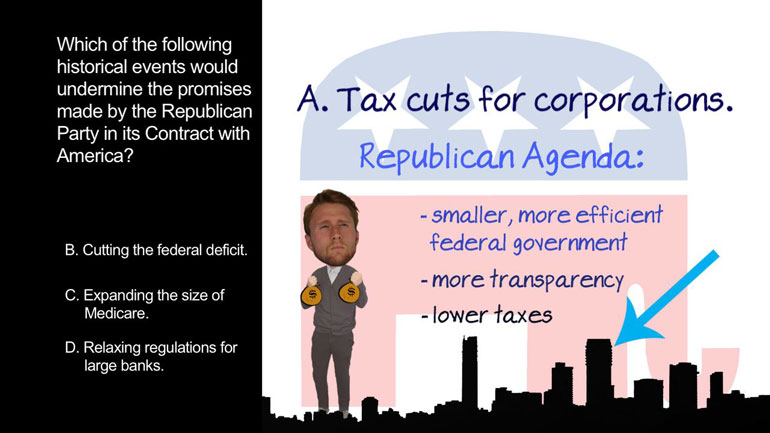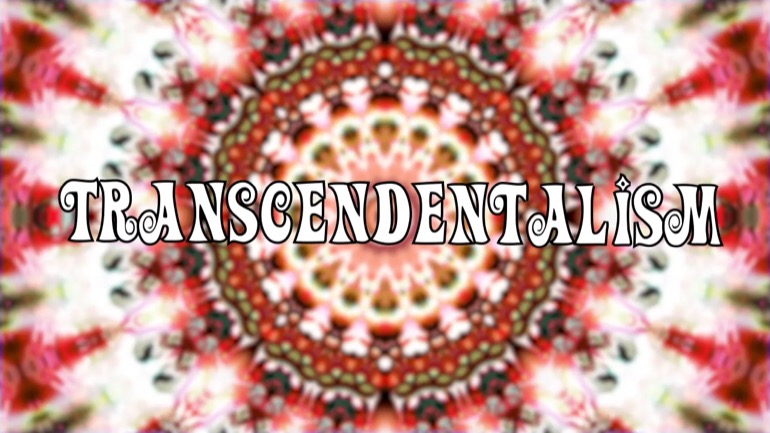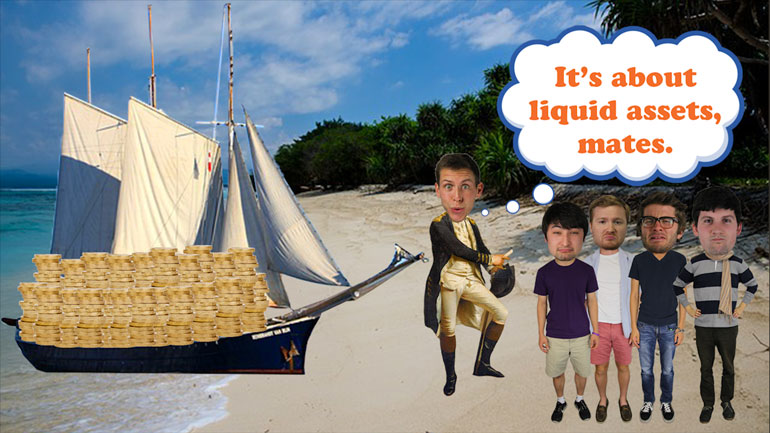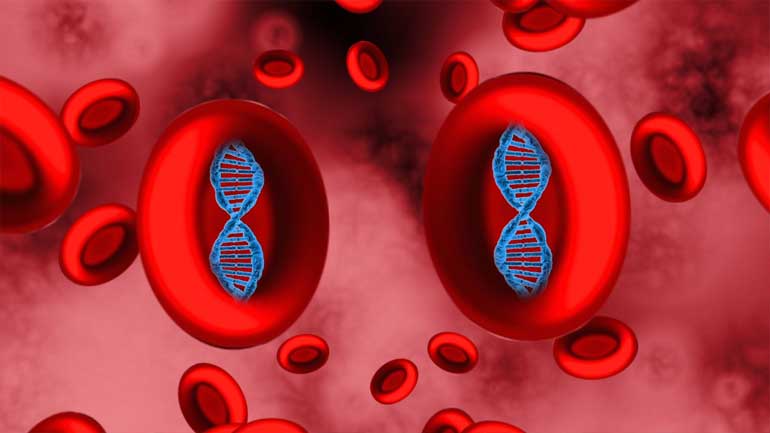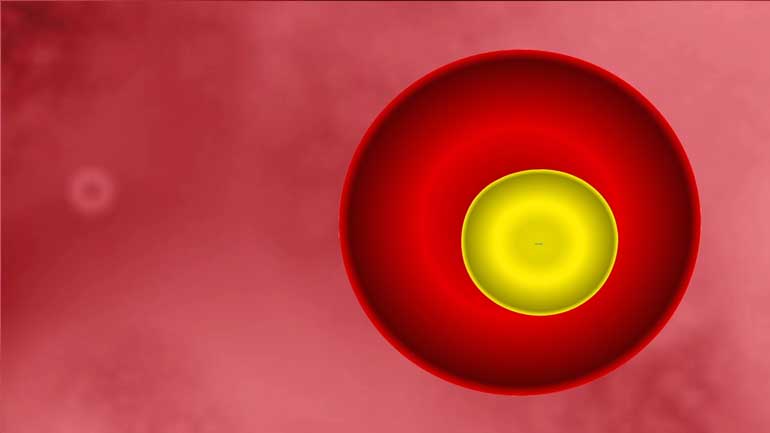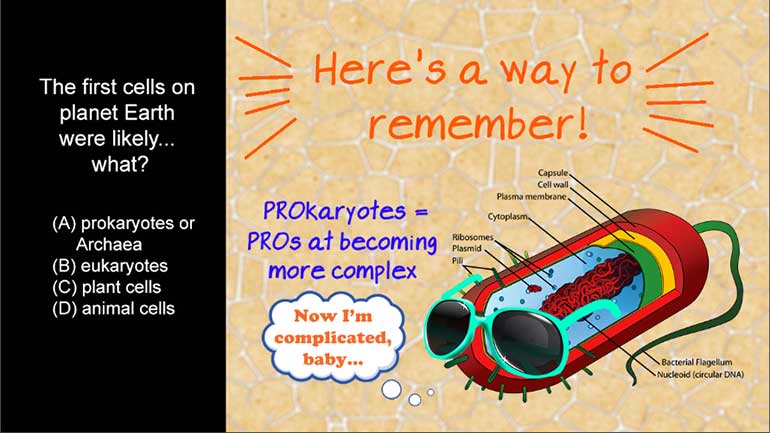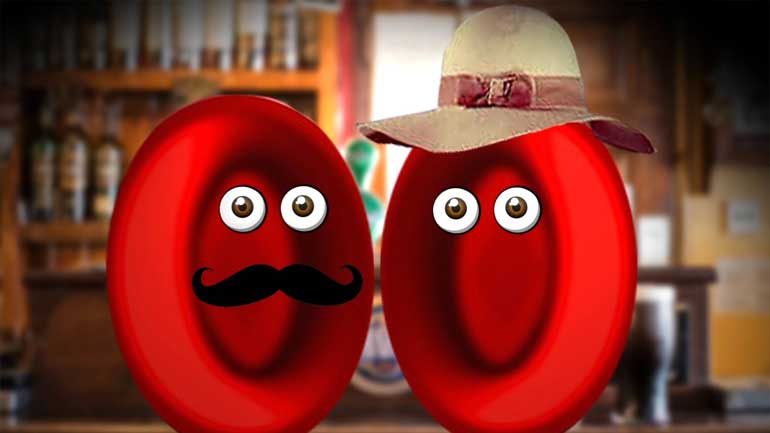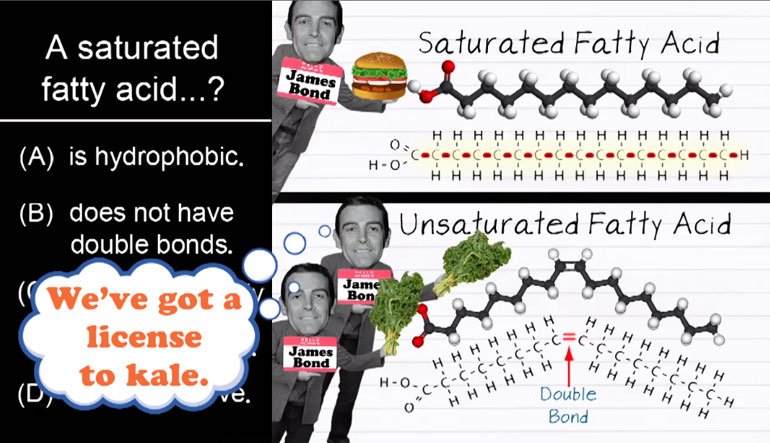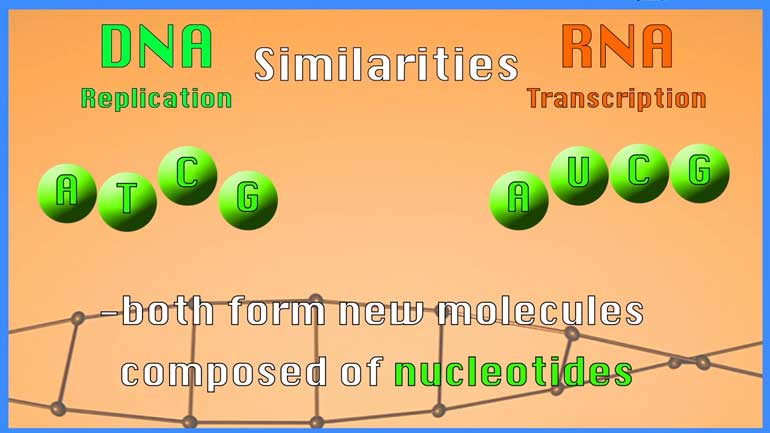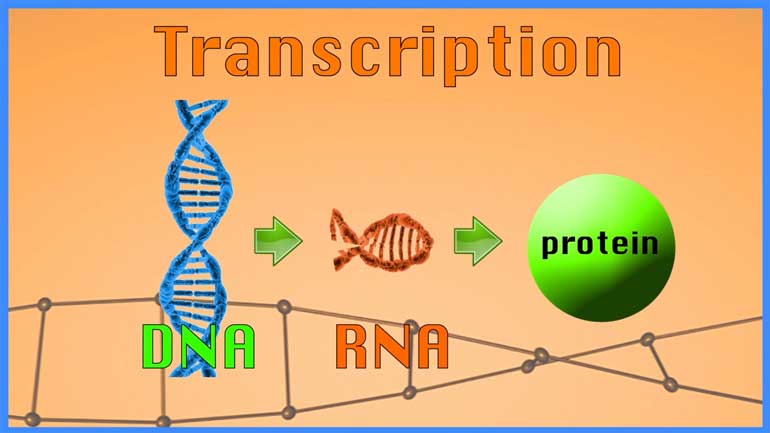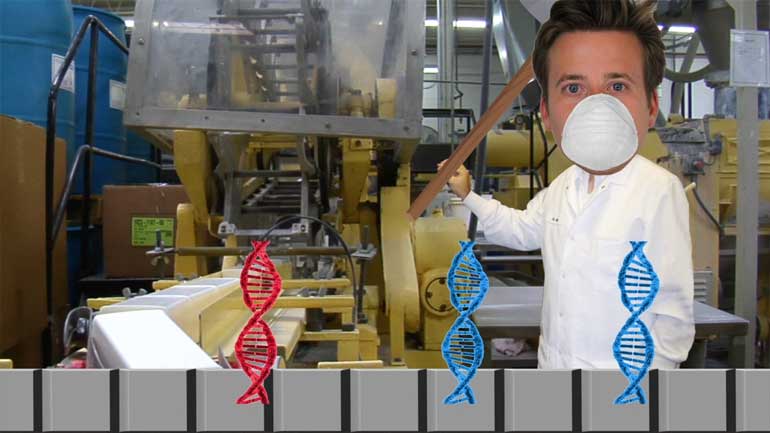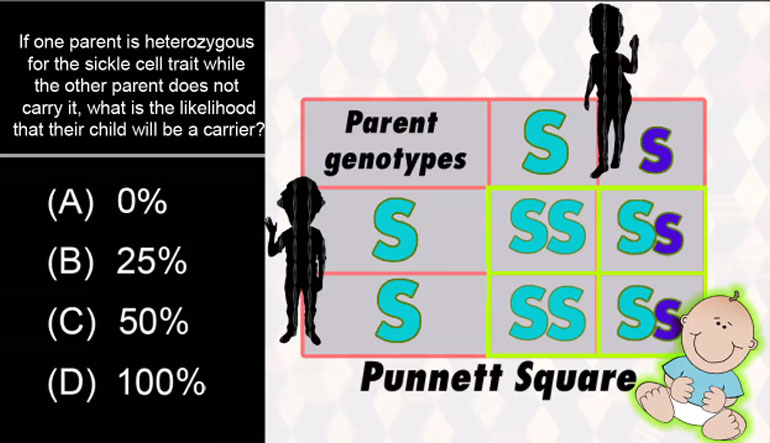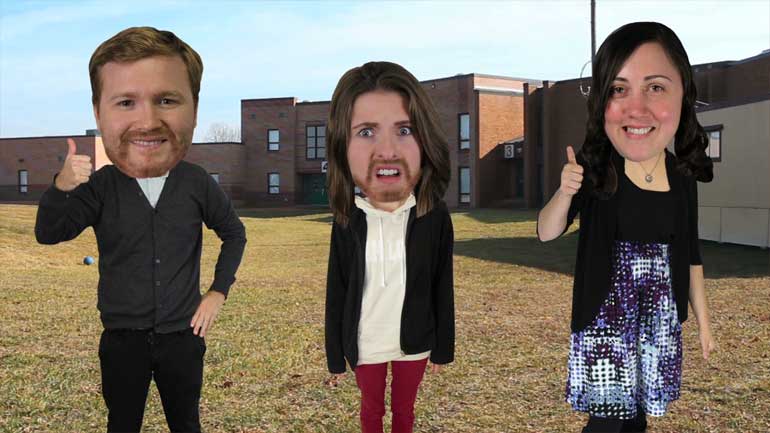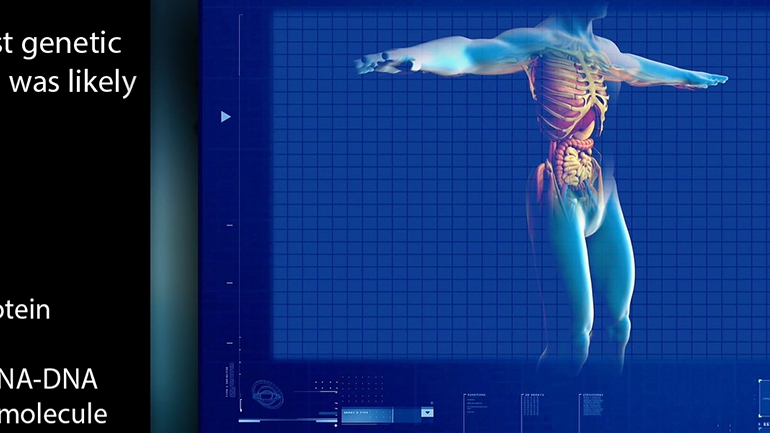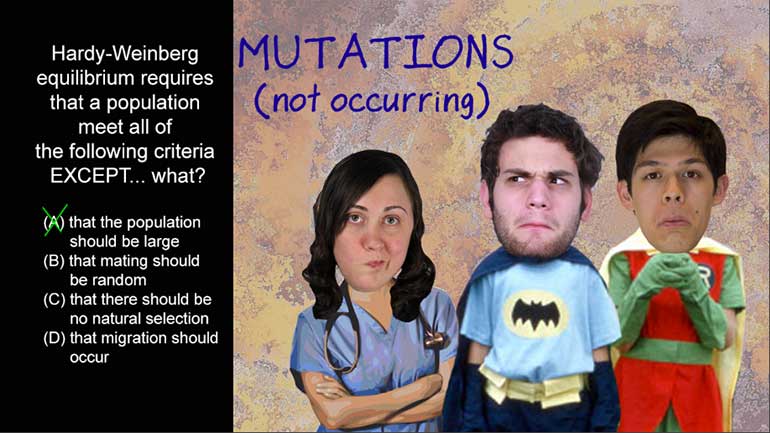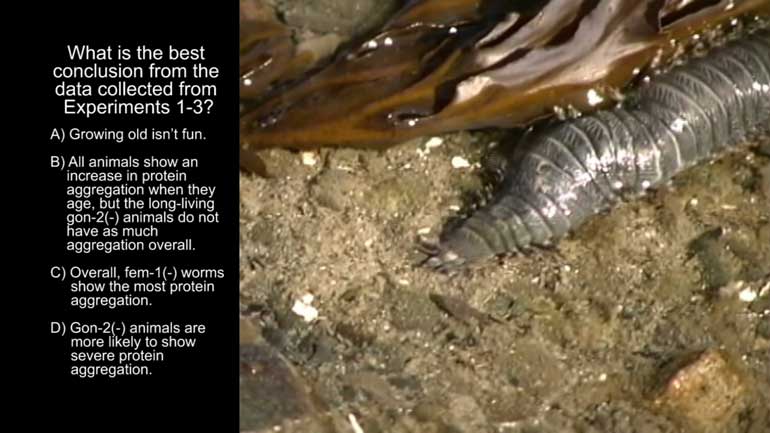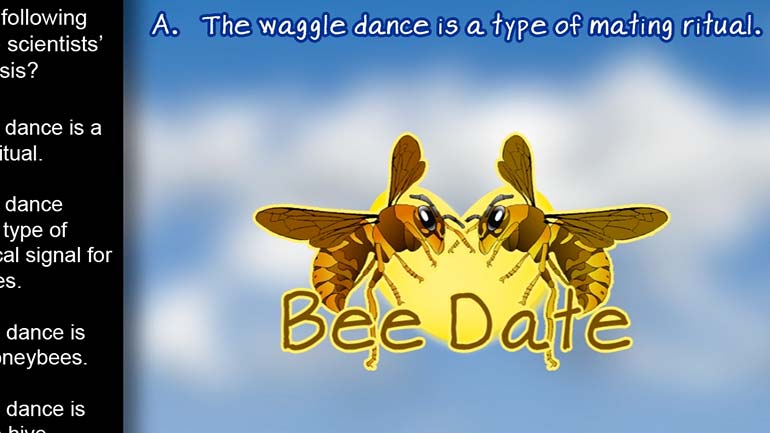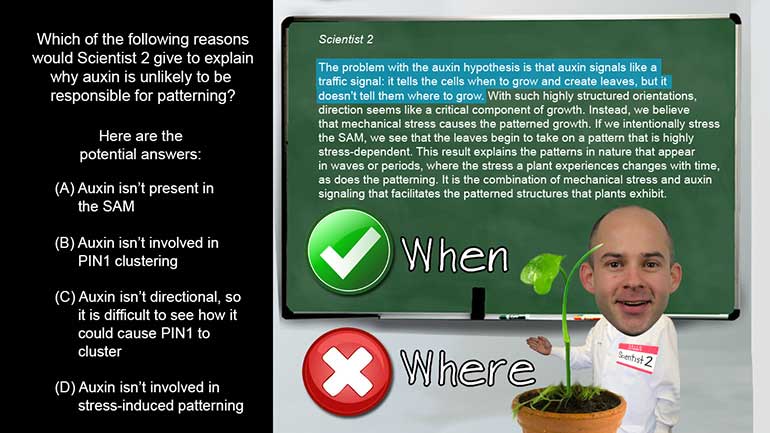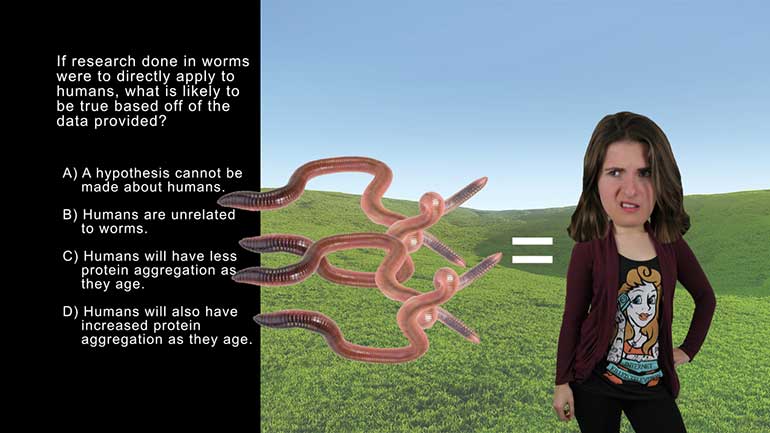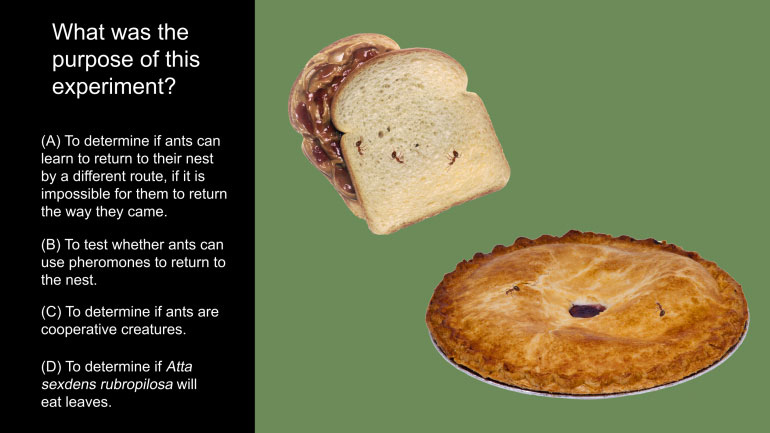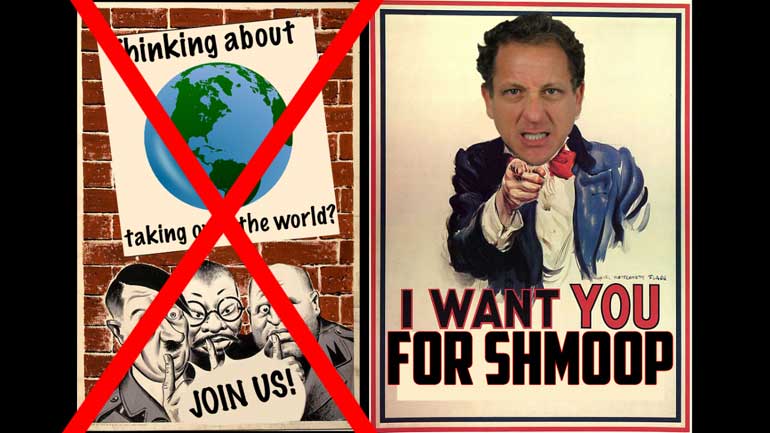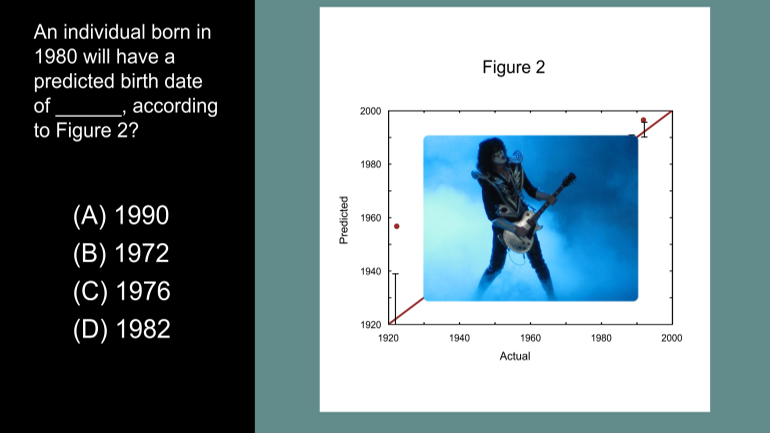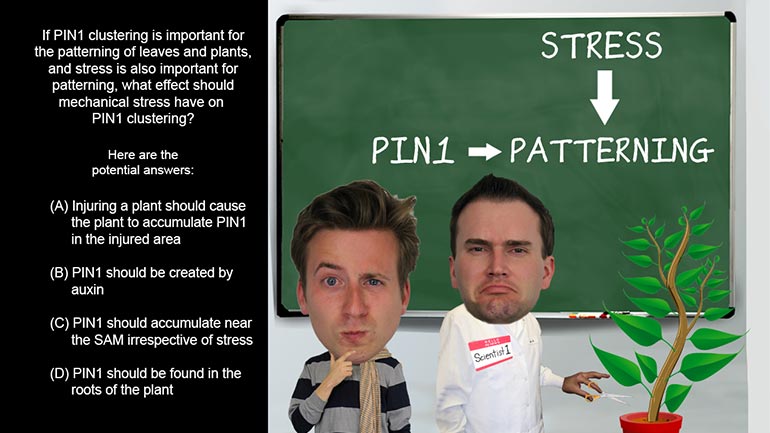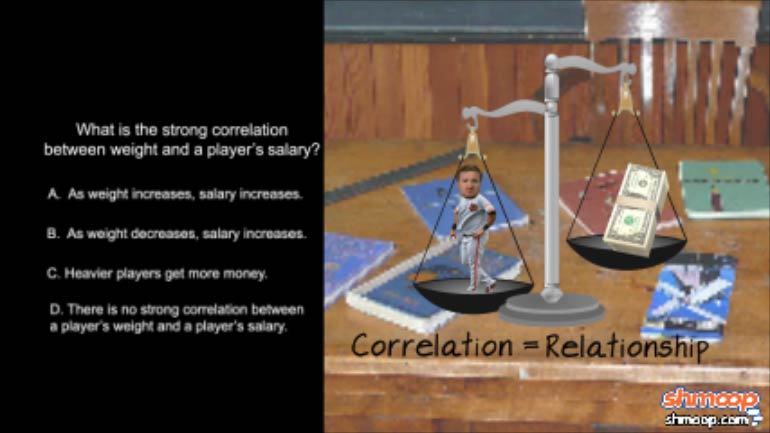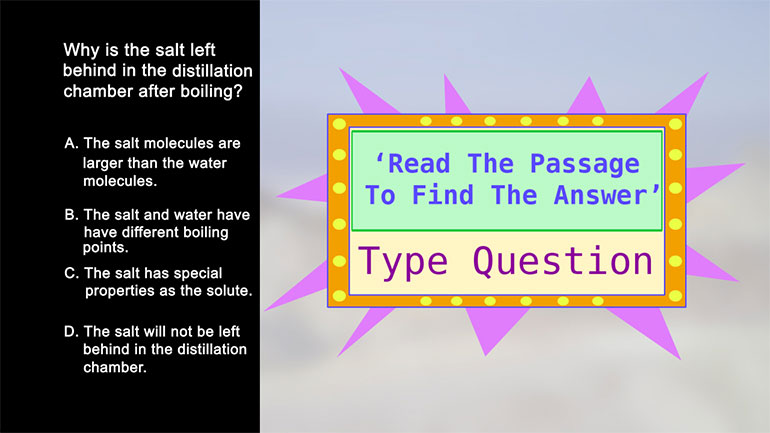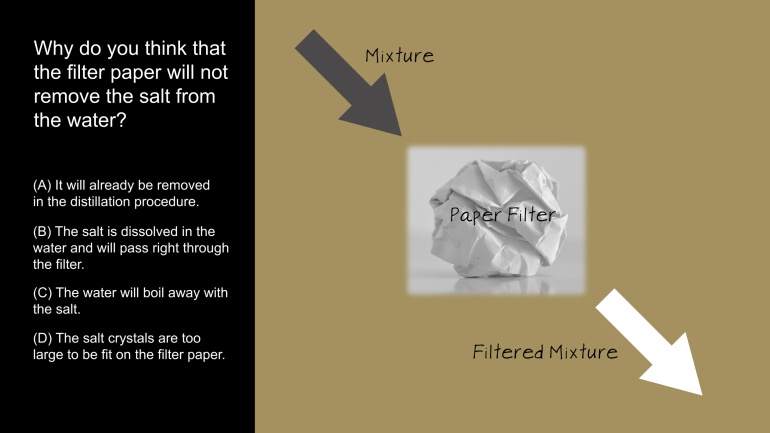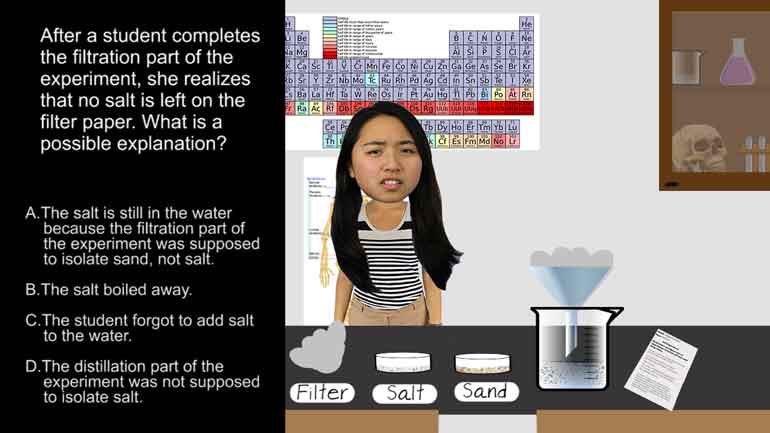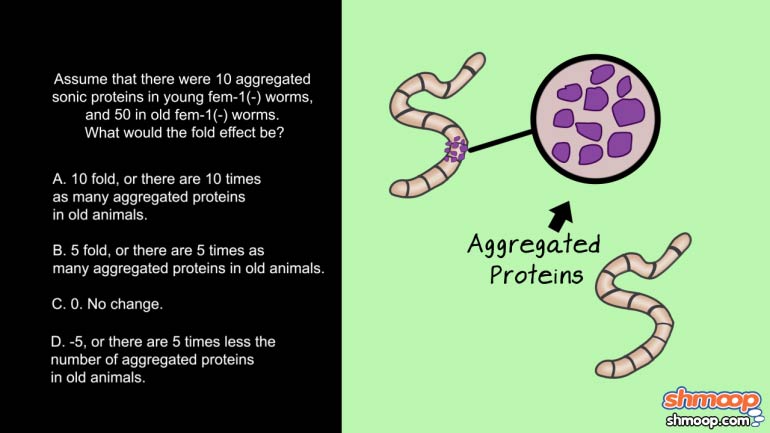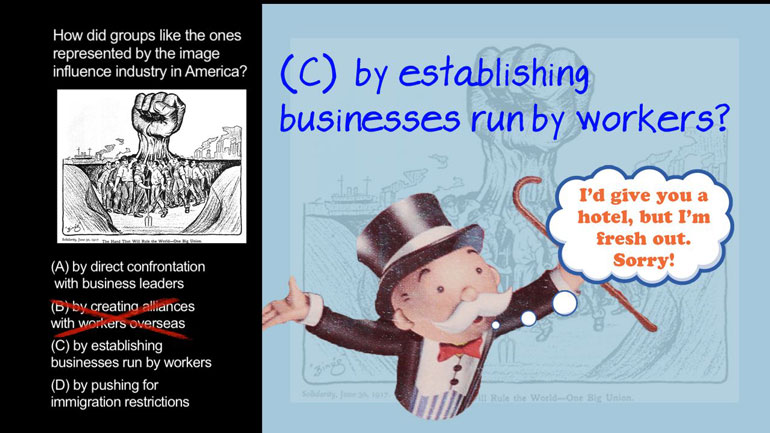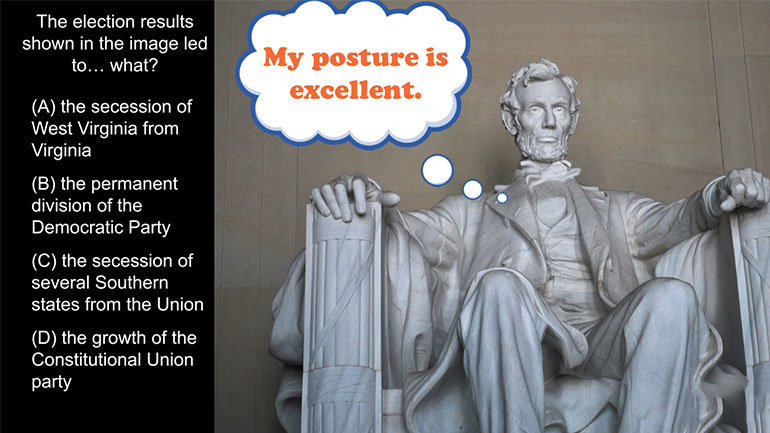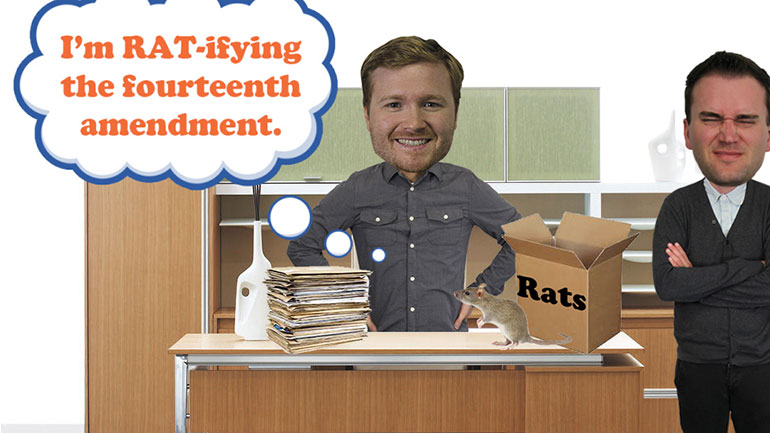ShmoopTube
Where Monty Python meets your 10th grade teacher.
Search Thousands of Shmoop Videos
Texas EOC Videos 540 videos
AP U.S. History 1.1 Period 5: 1848-1877. Which of the following groups would be most likely to support the idea of Manifest Destiny?
In the 1950s and 60s, people weren't just expressing their feelings toward the government—they were singing them, too. (Think Crosby, Stills, Nas...
Deal or no deal? FDR's New Deal provided hundreds of thousands of jobs in the public sector to bring the economy out of the Great Depression. It wa...
AP U.S. History 2.3 Period 7: 1890-1945 209 Views
Share It!
Description:
AP U.S. History 2.3 Period 7: 1890-1945. The language used in the excerpt most strongly supports which of the following ideas?
Transcript
- 00:00
[ musical flourish ]
- 00:03
And here's your Shmoop du jour, brought to you by translators,
- 00:06
people who will get to their foreign language
- 00:08
homework in a little while.
- 00:11
Okay... Holy Bible, Indian language.
Full Transcript
- 00:13
And... We're lookin'.
- 00:14
All right, what does the image suggest about
- 00:16
the impact of European contact on
- 00:18
Native American communities?
- 00:20
And here are your potential answers.
- 00:22
[ mumbles ]
- 00:24
[ mumbling continues ]
- 00:26
[ mumbling continues ]
- 00:28
Hmm. All right. Well, what can we take
- 00:30
from this image, other than the fact that
- 00:32
the font is pretty rad?
- 00:34
All right. Well, it's a title page from a bible translated into
- 00:37
the Indian language.
- 00:39
Nevermind that Native Americans had
- 00:41
hundreds of different languages. We know that
- 00:43
someone went to the trouble of translating the Bible into...
- 00:46
one of them.
- 00:47
All right, let's check out our answers and see what
- 00:49
best describes the impact of such a book,
- 00:51
other than a pretty cramped hand for the translator.
- 00:54
All right, does this image
- 00:56
suggest that European contact with Native American
- 00:58
communities A - caused death
- 01:00
through disease in Native American society?
- 01:03
Well, it's true that European contact
- 01:05
with Native Americans led to death through both disease
- 01:07
and warfare between tribes,
- 01:09
but that doesn't have very much to do with our image.
- 01:11
So it's not A or B.
- 01:13
Does this image imply that Native American contact with European settlers
- 01:17
C - forced Native Americans to learn new languages?
- 01:20
Well, certainly the two groups had trouble communicating,
- 01:23
but this image suggests that Europeans went
- 01:25
to great lengths to learn Native American languages
- 01:28
in order to forcibly spread
- 01:30
their own religion. That knocks out C, as well.
- 01:33
Which means that this image suggests
- 01:34
that European contact with Native American communities
- 01:37
D - led to distinct changes
- 01:39
in Native American culture.
- 01:41
And that, it did.
- 01:42
As Christianity spread throughout the New World,
- 01:44
Native American culture was forced
- 01:46
to react and adapt to the new religion
- 01:48
sweeping the countryside.
- 01:50
So D is the correct answer. As in,
- 01:53
"Do unto others as you would have them
- 01:55
do unto you." Unless it's inconvenient.
- 01:58
Then just go with whatever. Yeah.
Related Videos
AP U.S. History Diagnostic 1. Relationships like the one shown in the image resulted in the development of...what?
AP U.S. History Diagnostic 15. How did groups like the ones represented by the image influence industry in America?
AP U.S. History Diagnostic 10. What led to the splintering of the political parties shown in the image?
AP U.S. History Diagnostic 11. The election results shown in the image led to...what?
AP U.S. History Diagnostic 12. How did the Reconstruction Acts open up political opportunities for former slaves?
